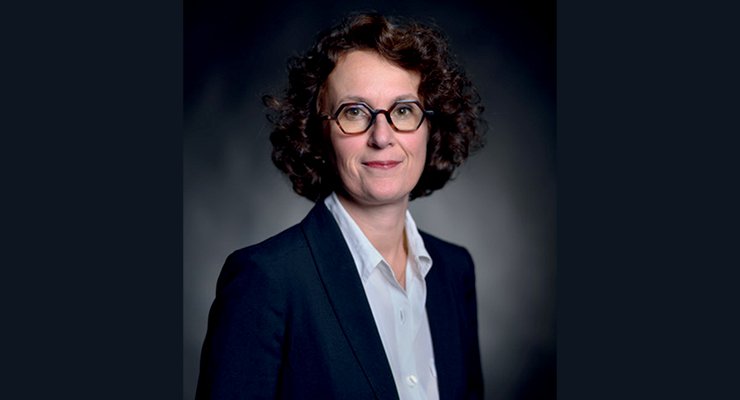Entrepreneurship Resolutely at the Heart of UTC's Local Ecosystem
UTC has been committed for some time to a development policy characterized by the creation of a local innovation and creativity eco-system, with the assigned ambition to federate and coordinate the actors and tools concerned to attain a coordinated support mechanism for innovation in the area.
Living lab
Development of technical solutions requires two, complementary levels of expertise: viz., that there be:
- a guarantee as to feasibility and reliability of the solutions proposed and to back them up with scientific certainty (either existent or to be created);
- a proper understanding of the uses and usefulness of the systems proposed to retrofit the designs if deemed necessary.
It is the research laboratories who respond first, followed by the Living Labs. The latter, as per the definition above, are platforms that enable us how to understand how the tools are (or can be) used in a given context, to test and explain scenarios and emerging trends.
The UTC Innovation Centre hosts integrative platforms, e.g., a connected 'medicare' house, or circuits for self-drive vehicles. The platforms constitute a first stage towards another dimension offered by Living Labs: beyond just being a focal point for new tools and technologies, the Living Lab is also represents a "slice of real life" in which the new devices and products can be installed, tested under real life conditions and modified according to the conclusions drawn by the research scientists present. To illustrate, we have a fleet of buses with inter-vehicle communication devices, tested as the buses go along their standard routes, or the connected real life 'retirement care-home' that is an extension of one of the integrated platforms.
What this implies is a revolution, of the notion of a laboratory. Before, scientist isolated themselves in their ivory towers and carried out observations of the phenomena they wanted to investigate. Now, we must integrate uses and observe the users. Technologies bridge these two distinct visions.
The technology-intensive platforms
One of the challenges facing technological research is to meet the expectations of industrial sectors to avail of (or have access to) viable, operational technologies under real user and production conditions. If a research laboratory can certify a technical principle, there must also be a follow-up assessment as to whether the principle will remain valid under real production conditions.
For this reason, there must be technological platforms that allow you to build and test processes under conditions close to the real production environment, in such a manner that the sectors concerned can use the results an d be assured as to having a viable product industrialization.
The platforms at the Innovation Centre also play a crucial role inasmuch as they enable the UTC student-engineers to acquire a first experience of how to frame/solve problems and of the know-how a future employer would expect from them, professionally.
Through its research laboratories, UTC and the Innovation Centre today have these platforms and can devote time and research to some 'flagship' type problems, such as for instance, future railroad infrastructures and rolling stock, smart vehicles, drones, movement sensors and augmented reality, etc.
Uteam, a network of experts from the university and associate research activities
Uteam, is a UTC subsidiary, that combines the offers and capacities of the UTC laboratories and Escom, is as sort of privileged hyphen between the needs expressed by enterprises and a network of experts who come from the University and associate research activities.
Uteam was created in 1987 to help enterprises of all sizes to benefit from the skills and know-how of a network of experts comprising research scientist, lecturers and specialist consultants who, together, cover the specific needs of developing, innovative companies and emerging projects.
Site web d'UTEAM
Contact
Contacts pour l'innovation à l'UTC



